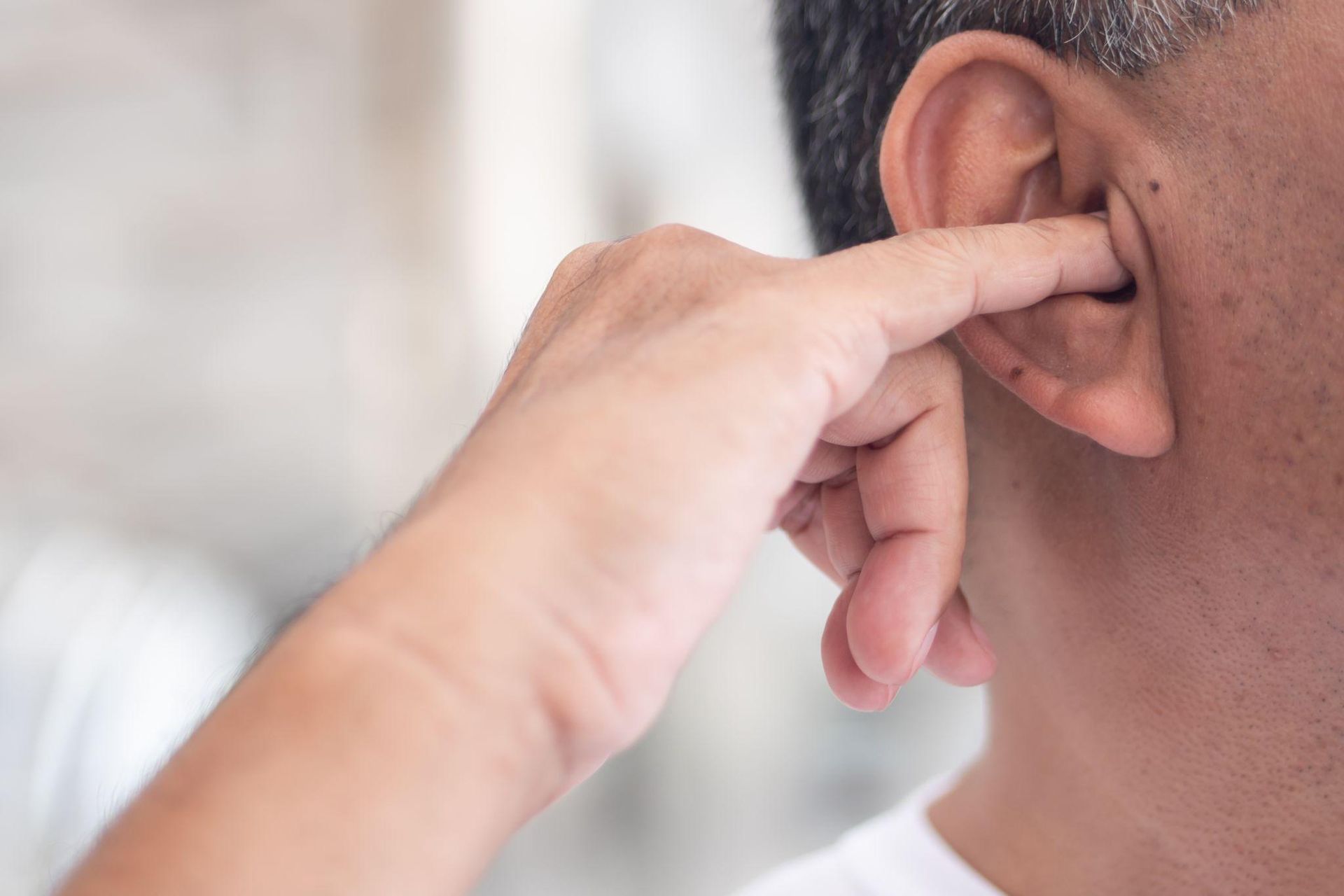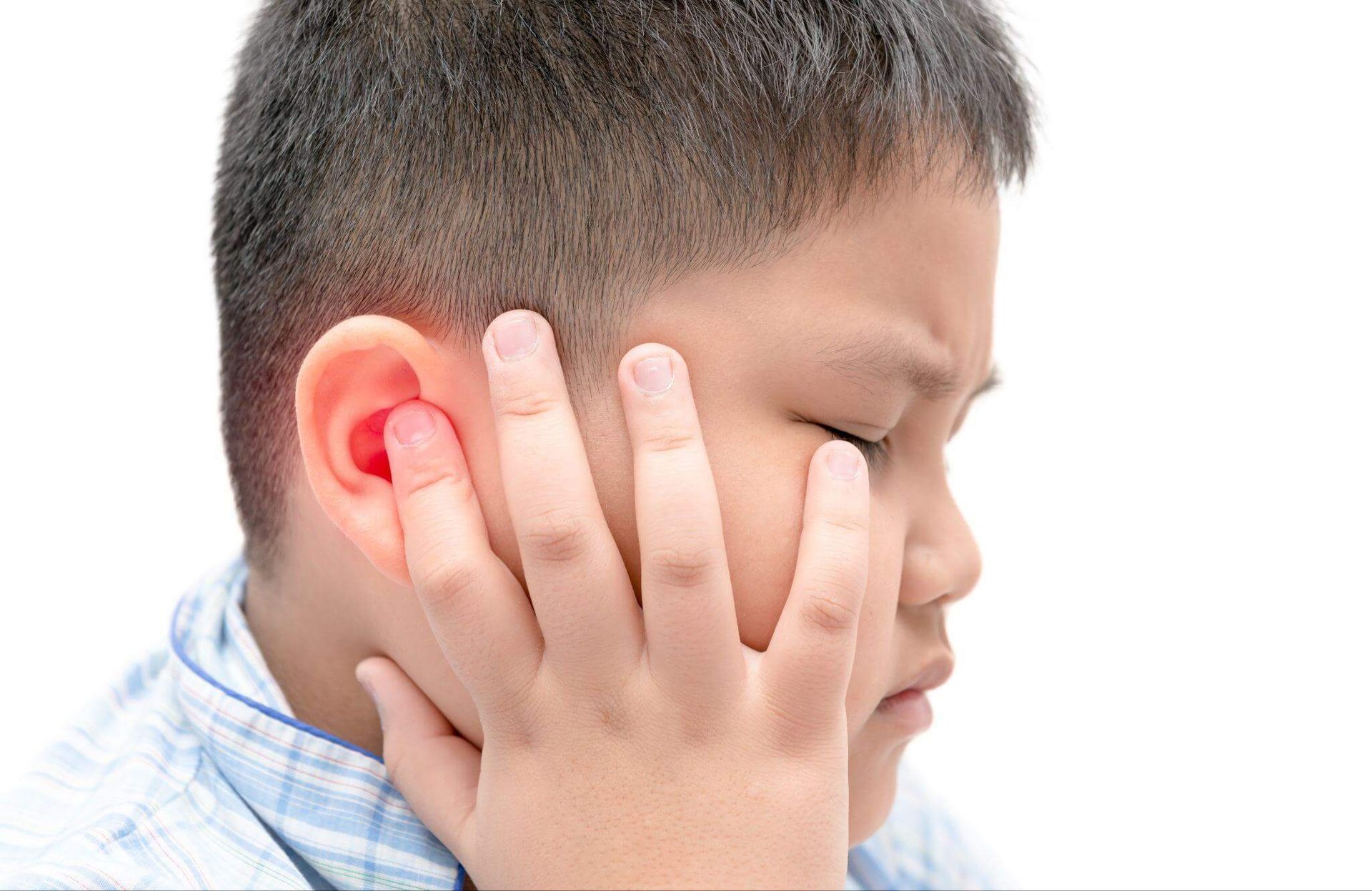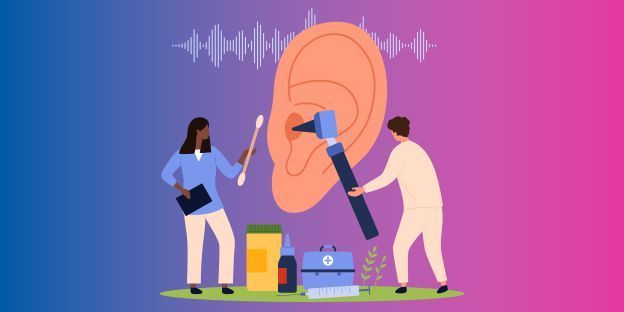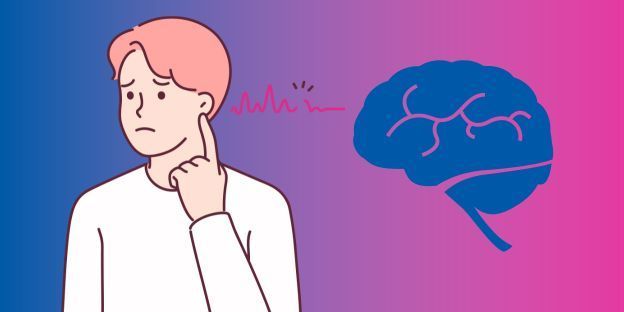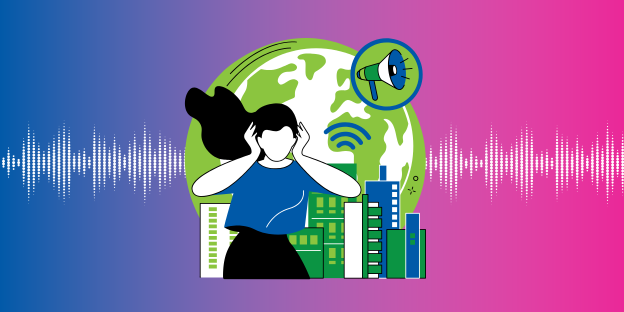Mental Health and Hearing Loss
Untreated hearing loss is an invisible challenge that can impact mental well-being
Hearing loss and mental health are intertwined. The complex connection between your brains and your ears means that anxiety, depression, dementia and more can be associated with changes in your hearing.
Along with your medical history and exposure to noise, the causes of hearing loss are a culmination of factors. Changes in mental health can be both a symptom of hearing loss as well as a potential cause.
The effects of hearing loss on mental health are sometimes not as noticeable as the physical effects, but they can prevent people from maintaining a healthy lifestyle. Here is why hearing loss can impact mental health.
Why hearing loss impacts mental health
The brain’s role in hearing is just as important as your ears.
Brains give sound meaning. After the ears gather sounds and transform them into electrical signals, the brain interprets these signals. Not only do our brains comprehend sounds and speech, but it also helps us understand where sounds come from. We can even focus on particular sounds – such as listening to a friend at a busy restaurant.
Our brain is also adaptable. If the incoming sound signals are incomplete or unclear, the brain can fill in a missing piece. Hearing aids leverage this adaptability by helping to provide more complete and balanced sound signals to the brain.
The auditory cortex is responsible for focusing on and interpreting sounds, but it doesn’t work alone. The thalamus tells us if a sound is threatening, like a lion’s roar or a police siren. Your prefrontal cortex connects sounds to information from other senses like facial expressions and knowledge of your surroundings.
Our brains work harder to interpret sounds when we experience hearing loss. This is because your brain needs to fill in missing information from the sounds you don’t hear, often resulting in fatigue and exhaustion. The exhaustion, lack of stimulation and feelings of isolation from hearing loss can contribute to anxiety, depression and dementia.
Effects of hearing loss
Hearing loss impacts everyone differently, but some of the potential impacts to mental health include fatigue, anxiety, depression, isolation and dementia.
Fatigue
The brain needs to work overtime if it struggles with comprehending the sound signals it receives. Whether to filter out background noise or estimate sounds it’s not hearing, it can all be very exhausting.
Although eliminating background noise, taking breaks and taking naps can help with listening fatigue, the best solution is to look into options to treat hearing loss.
Anxiety and Depression
Hearing loss can impact our lifestyle, work and relationships. These unexpected or undesired changes can contribute to anger, denial and grief. The stress of missing parts of conversations and not being able to participate in activities you used to enjoy are just two examples of how hearing loss can contribute to anxiety and depression.
Isolation and Loneliness
It can be annoying, frustrating or embarrassing to constantly ask people to repeat themselves or strain to follow conversations. Struggling to connect with others in social situations can be extremely isolating.
Some people with hearing loss choose to avoid situations where hearing is difficult. For some, this is a deliberate choice. For others, they may not even realize why they are choosing to avoid social interactions.
Dementia
Hearing loss can also contribute to dementia. The connection between hearing loss and dementia is not well understood, but ongoing research is seeking more information on the causes and impacts of hearing challenges on memory.
One research paper from 2011 reviewed the associations between hearing loss and dementia over 12 years. Researchers found that the more severe a participant's hearing loss was, the more likely they were to have dementia.
Hearing loss may be associated with dementia simply because your brain receives less stimulation when you have hearing loss. This is another reason to treat hearing loss as early on as possible.
What to do for your hearing health
Getting a hearing test is the first step towards treating hearing loss and improving your mental health. Hearing tests at Discover Hearing last between 30 to 40 minutes, and they involve various assessments including:
- Audiometric evaluation: If you have hearing loss, this test can determine its type, severity and often its cause.
- Pure-tone air and bone conduction testing: These tests measure the quietest sounds you can hear at both low and high frequencies. This helps us determine the type of hearing loss.
- Speech testing: These tests evaluate the lowest volume you recognize speech as meaningful sound. This tells us which volume you can comfortably understand speech sounds.
- Additional tests: We will also perform tympanometry and otoscopy to determine your middle ear and ear canal health.
The connection between mental health and hearing loss is complex, but it is clear that healthy hearing can contribute to better mental health. If you are concerned about your hearing, book an appointment for a hearing test.
And if you are concerned about the hearing of a family member or friend, encourage them to book a hearing test. Similar to dementia, hearing loss is sometimes noticed first by family or friends.




